10 GPTs for Business Process Powered by AI for Free of 2025
AI GPTs for Business Process refer to advanced generative pre-trained transformer models designed specifically for automating, enhancing, and streamlining business operations. These tools leverage the power of AI to understand, interpret, and generate human-like text based on the input they receive, making them ideal for a wide range of business applications. From automating customer service inquiries and generating reports to analyzing market trends and optimizing workflows, GPTs provide tailored solutions that can significantly improve efficiency and decision-making in the business world.
Top 10 GPTs for Business Process are: Diagramador de Flujos de Trabajo,OCR tool,Systems Mapper,Mermaid Flowchart Generator,HubSpot プロパティ設計サポーター,SAP专家,Micra,Current State User Journey Creator GPT,Force Flows,m
Diagramador de Flujos de Trabajo
Visualize Workflows with AI
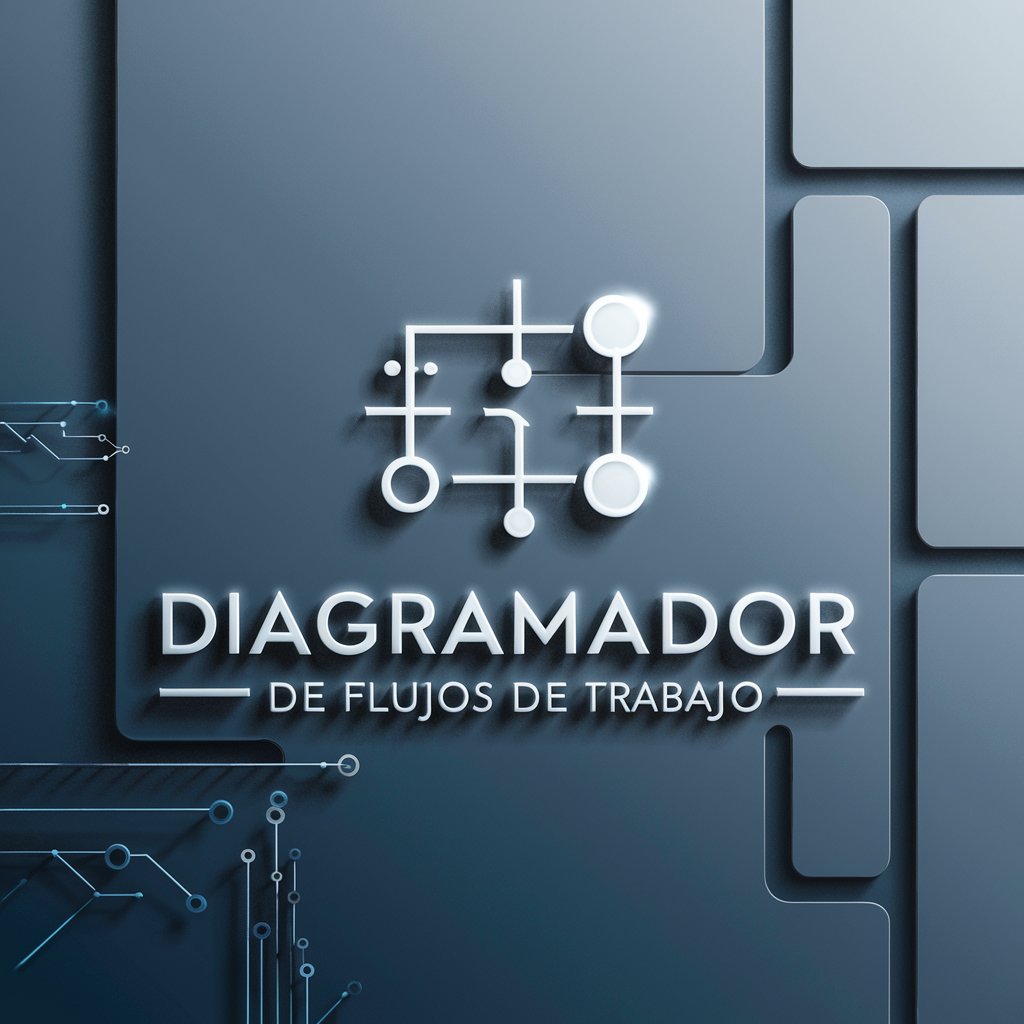
OCR tool
Transform written text into digital form, powered by AI.
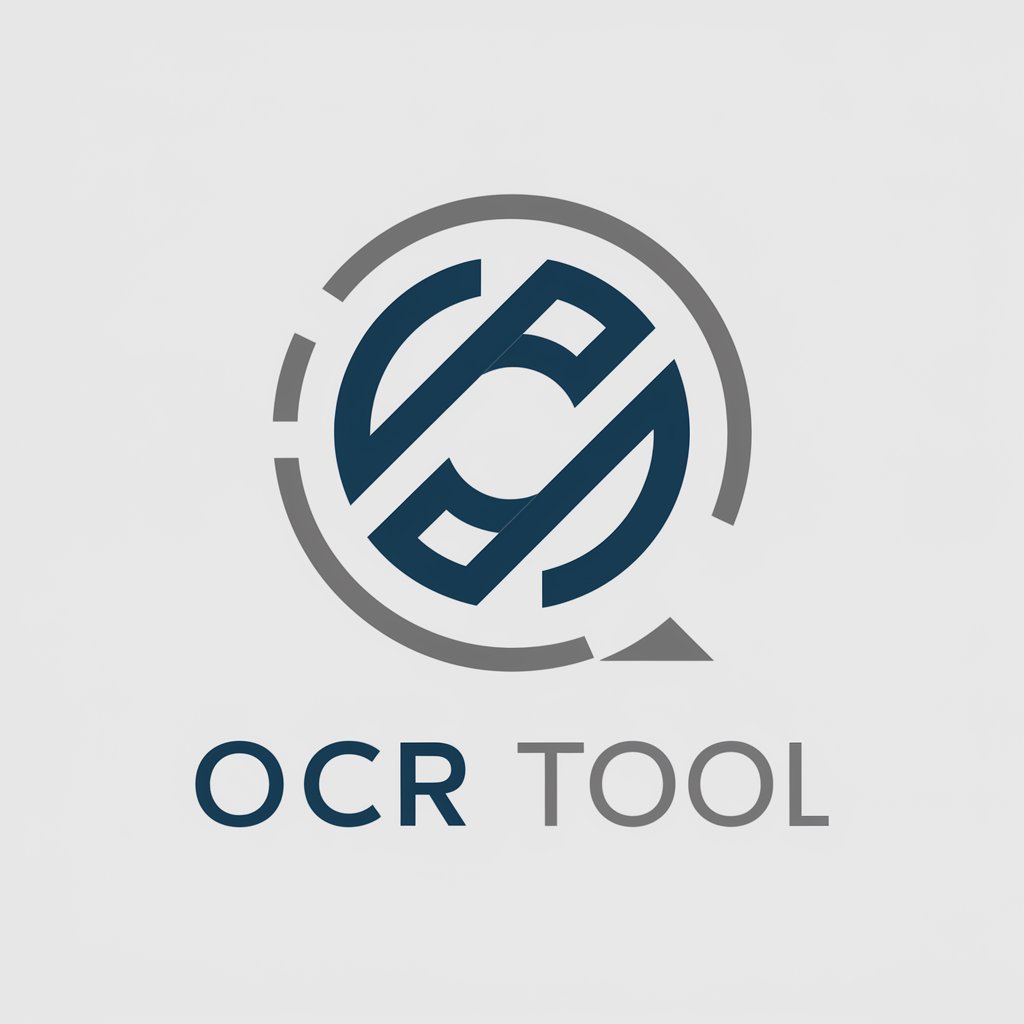
Systems Mapper
Visualize complexity, powered by AI
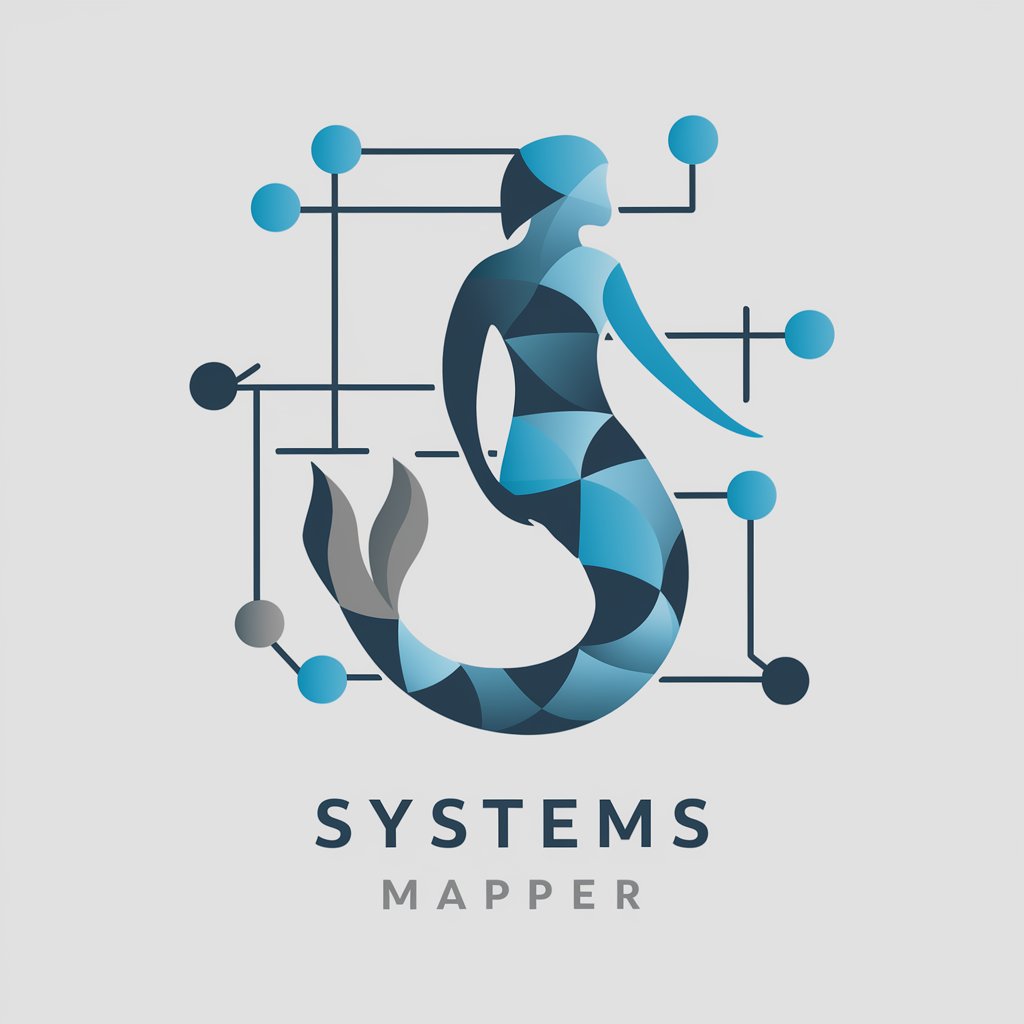
Mermaid Flowchart Generator
Visualizing Ideas with AI-Driven Flowcharts

HubSpot プロパティ設計サポーター
AI-powered HubSpot Property Customization
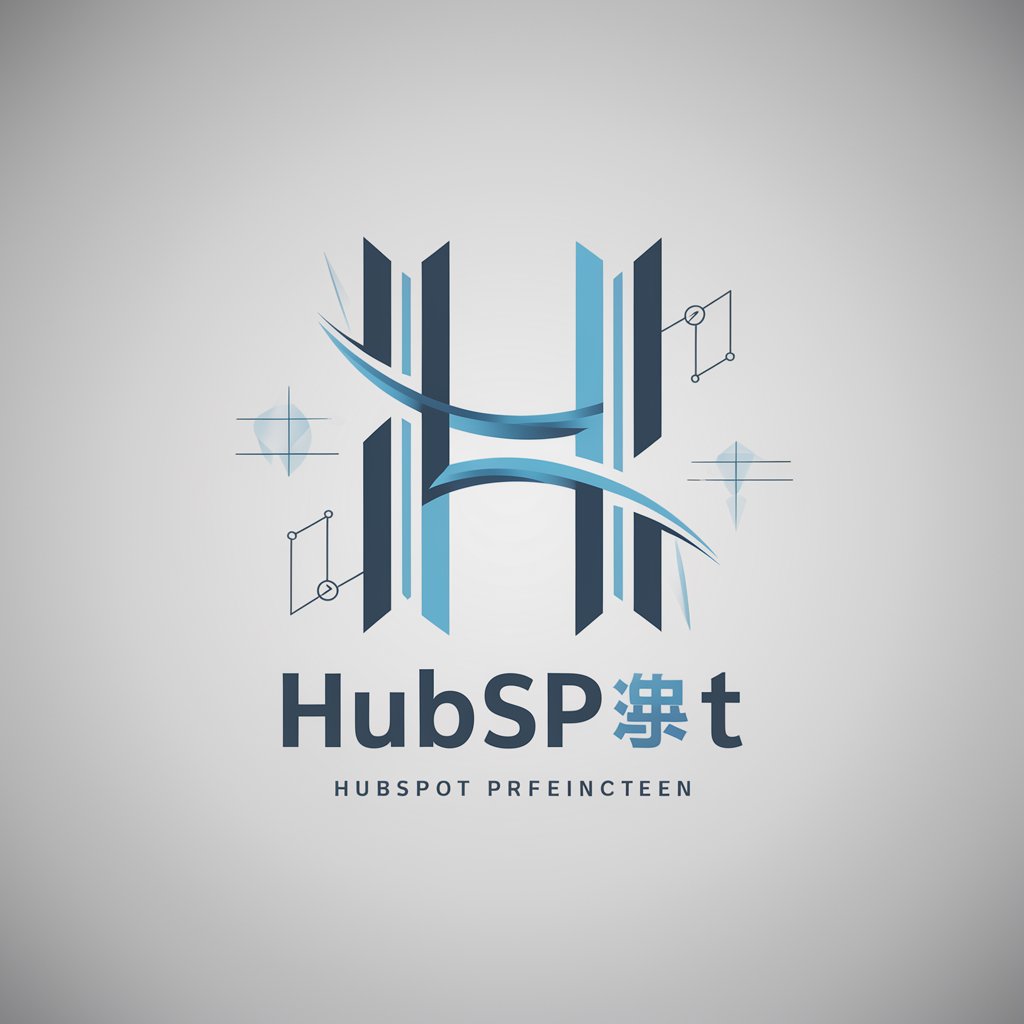
SAP专家
Empowering SAP Users with AI-Powered Insights
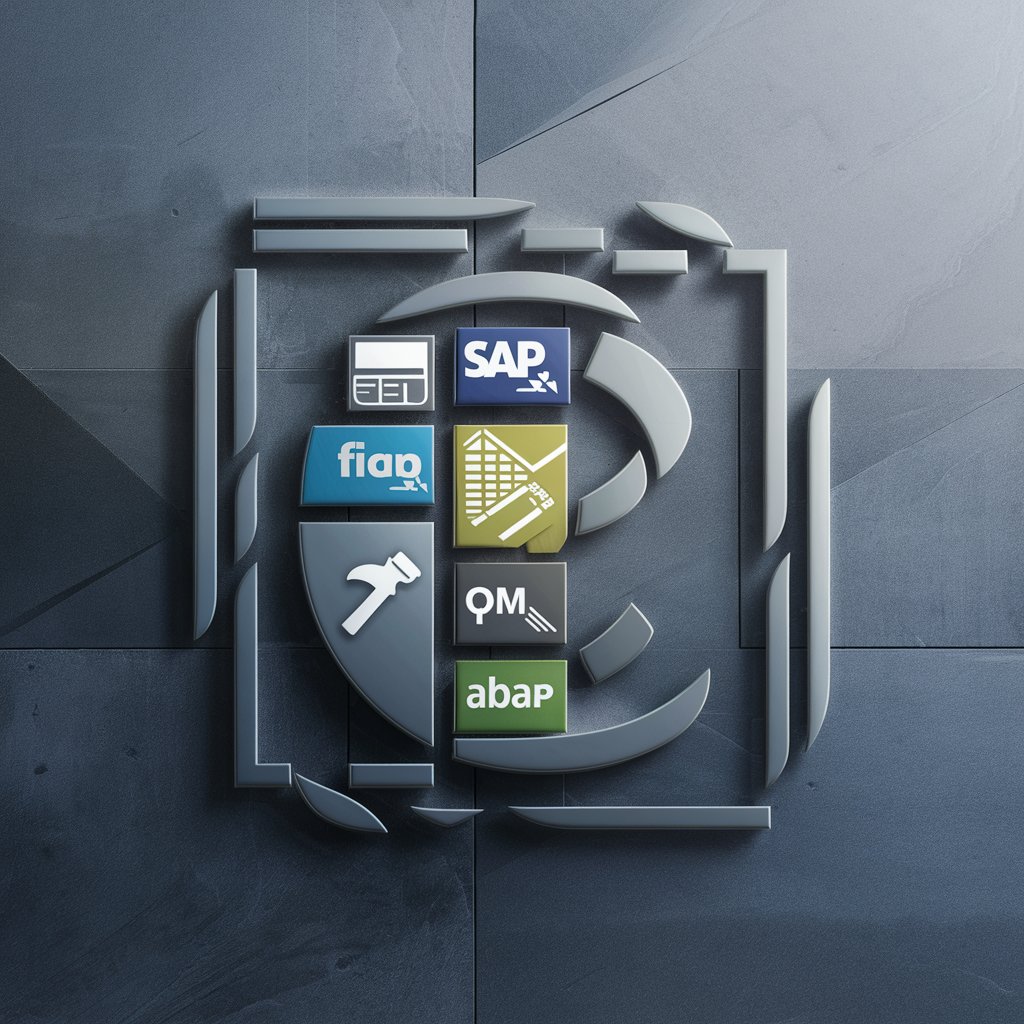
Micra
Empowering Innovation with AI

Current State User Journey Creator GPT
AI-powered journey mapping made easy
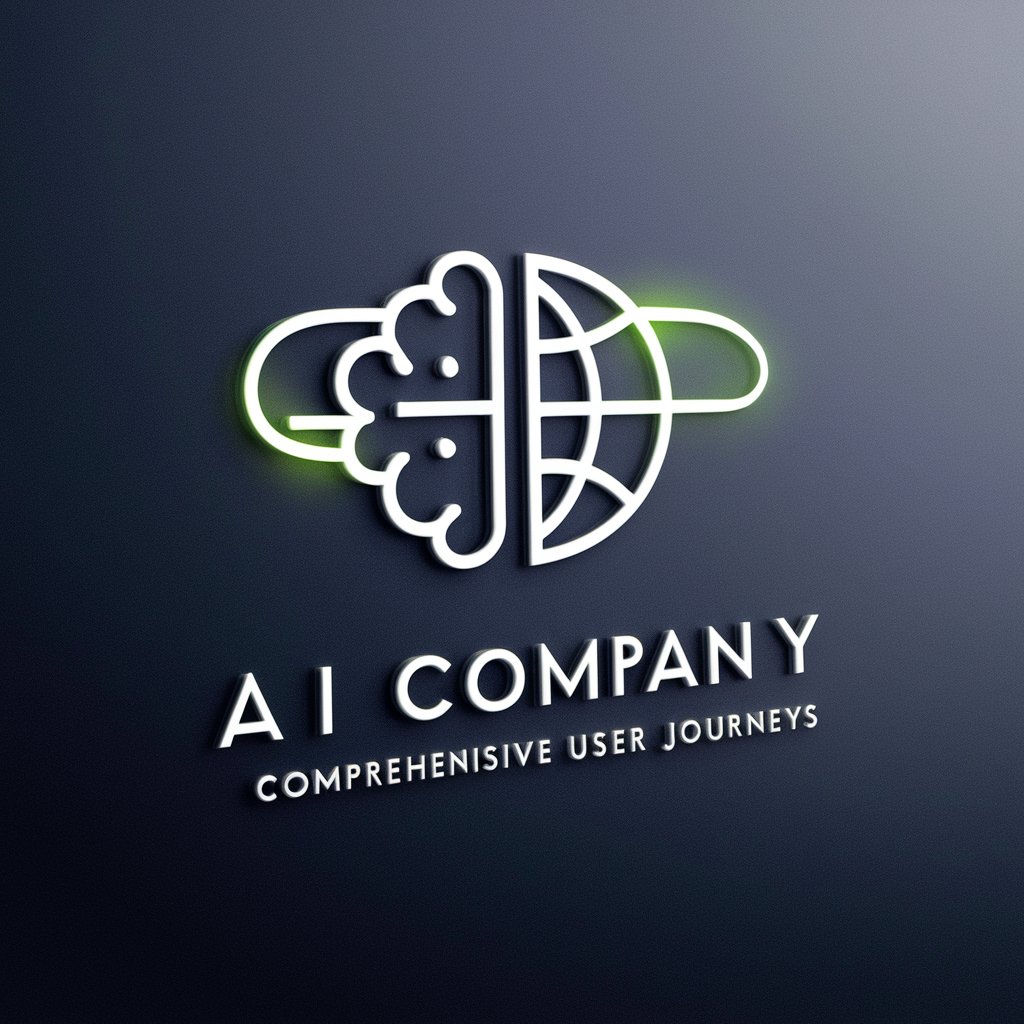
Force Flows
Automate Salesforce with AI-powered Flows
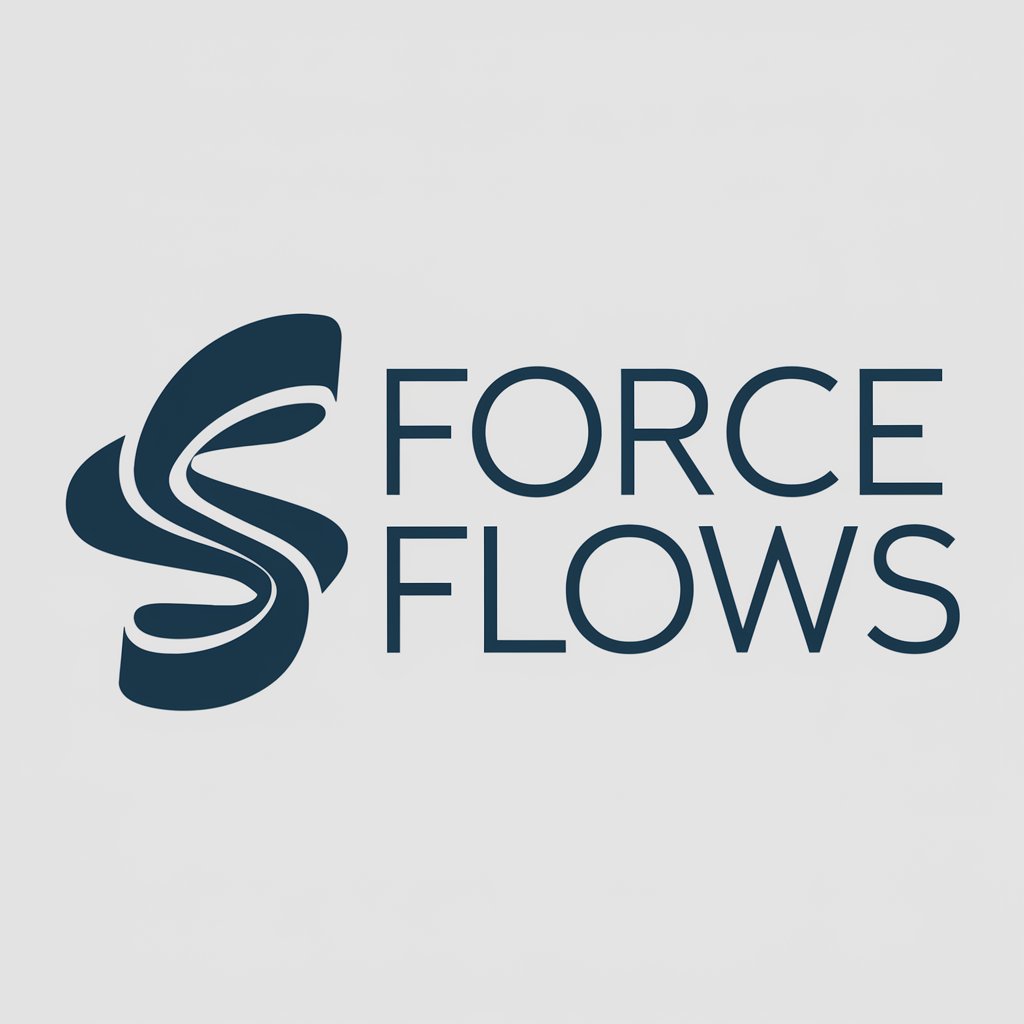
m
AI-Powered Procedural Guidance
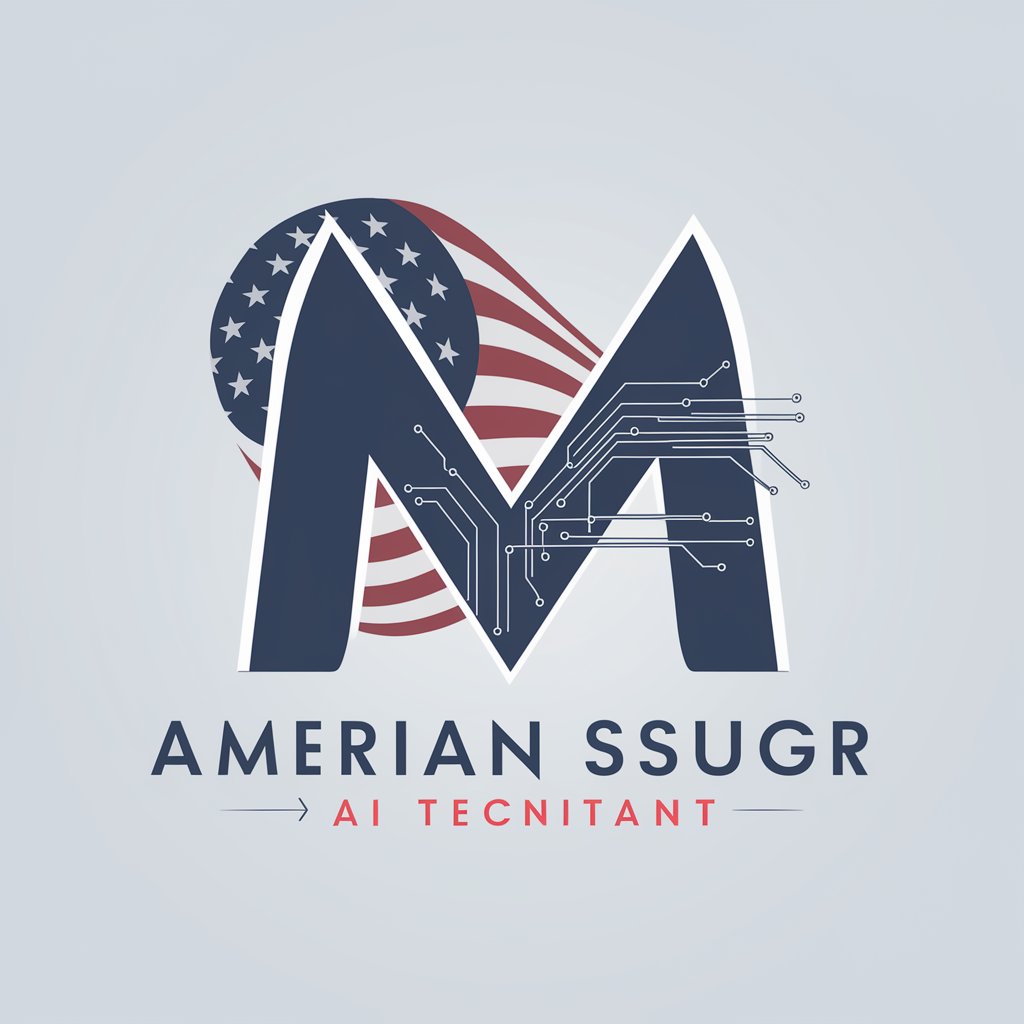
Key Characteristics and Capabilities
AI GPTs for Business Process boast a wide array of features tailored to the business domain, including natural language processing, machine learning, and the ability to understand context and generate relevant responses. Their adaptability allows them to handle tasks ranging from simple FAQs to complex problem-solving scenarios. Special features may include language translation, automated technical support, advanced data analysis, and the capability to generate images or perform web searches, thereby offering comprehensive support for business operations.
Who Benefits from AI GPTs in Business
AI GPT tools for Business Process are designed to cater to a diverse audience, including business novices, tech-savvy developers, and professionals within various industries. They offer intuitive interfaces for users without coding skills, while also providing APIs and customization options for developers to tailor the tools to specific business needs. This makes them accessible and beneficial for small businesses, large corporations, and individual entrepreneurs alike.
Try Our other AI GPTs tools for Free
Event Analysis
Discover how AI GPTs for Event Analysis transform data into insights, offering advanced tools for predictive analysis, reporting, and strategic planning across various sectors.
Manifestation Coaching
Discover how AI GPT tools for Manifestation Coaching can transform your personal development journey with tailored, AI-driven guidance and support designed to help you achieve your manifestation goals.
Conversion Rate Boost
Elevate your site's conversion rate with AI-powered GPT tools. Discover how machine learning and natural language processing can revolutionize your digital marketing strategy.
Design Enhancement
Explore AI GPTs for Design Enhancement: Tailored AI solutions revolutionizing creativity and efficiency in design. Ideal for designers and developers seeking innovative design tools.
Personalized Engagement
Discover how AI GPTs for Personalized Engagement can transform your interactions, offering tailored experiences with cutting-edge technology.
Identity Exploration
Discover how AI GPTs for Identity Exploration can transform your understanding of personal and social identities with advanced, user-friendly tools.
Further Exploration into AI GPT Solutions
AI GPTs function as dynamic solutions across different sectors by providing user-friendly interfaces and integration capabilities. They are not just tools but partners in enhancing business processes, offering scalability and adaptability to meet evolving business needs. Their implementation can lead to significant efficiencies and cost savings, marking a transformative step in how businesses operate and compete.
Frequently Asked Questions
What are AI GPTs for Business Process?
AI GPTs for Business Process are advanced AI tools designed to automate and enhance various business operations, utilizing the capabilities of generative pre-trained transformers to process and generate language-based tasks.
How can AI GPT tools improve business operations?
They streamline processes, enhance decision-making, automate customer service, generate insightful reports, and facilitate data analysis, among other benefits.
Do I need programming skills to use these tools?
No, many AI GPT tools for Business Process are designed with user-friendly interfaces that do not require programming skills for basic operations.
Can these tools be customized for specific business needs?
Yes, they offer APIs and programming interfaces for developers to customize the tools according to specific business requirements.
Are there any industries that particularly benefit from AI GPTs?
Virtually all sectors can benefit, especially those with heavy reliance on customer service, data analysis, and content generation.
What makes AI GPTs different from other AI tools?
Their ability to understand context and generate human-like responses makes them uniquely suited for tasks requiring natural language processing and generation.
How secure are AI GPT tools for Business Process?
These tools are designed with security in mind, but the level of security can vary depending on the provider. It's important to assess the security features of each tool.
Can AI GPTs integrate with existing business systems?
Yes, many AI GPT tools offer integration capabilities that allow them to work seamlessly with existing business systems and workflows.